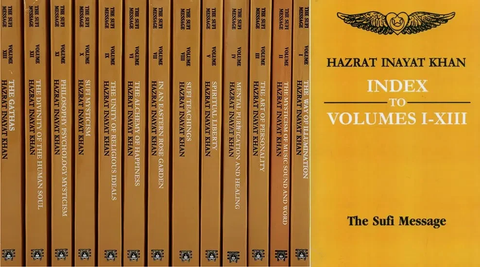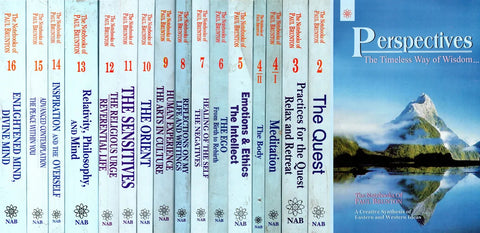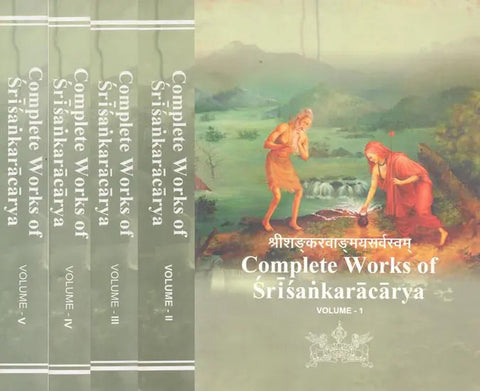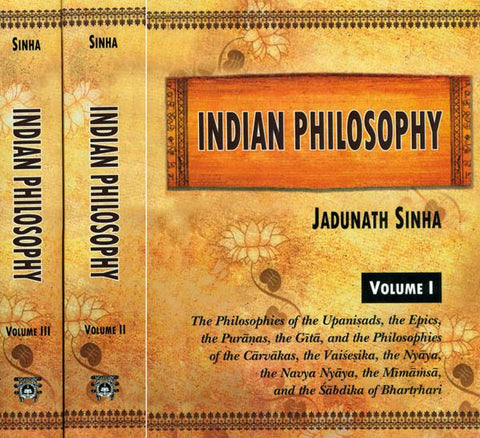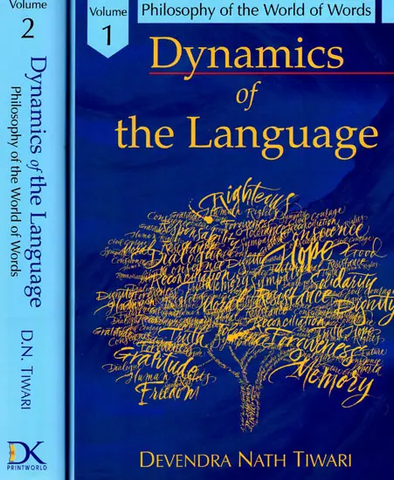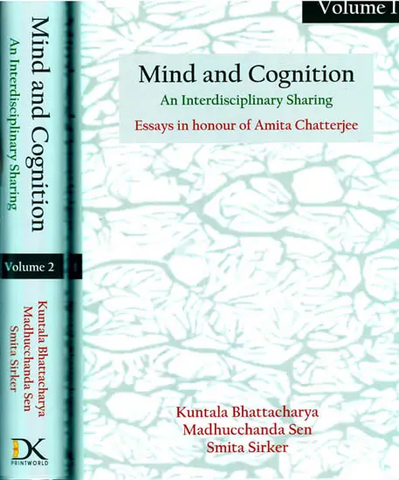Your cart is empty now.
Saral Nigman Tarkashastra" by Dr. Ashok Kumar Verma is likely a significant work in the field of logic (Tarkashastra), presented in a simplified and accessible manner. "Nigman Tarkashastra" translates to "The Science of Logical Inference" or "The Art of Reasoning" in Hindi, with saral meaning "simple" or "easy." Dr. Ashok Kumar Verma's book likely aims to make the intricate subject of logic and reasoning more understandable to readers, especially those who are not well-versed in technical or philosophical jargon.
Key Themes and Purpose
-
Introduction to Logic (Tarkashastra): Logic is a central discipline in Indian philosophy and is closely related to Nyaya (the ancient Indian school of logic). In classical Indian texts, Tarkashastra deals with the tools and methods used to reason, debate, and derive valid conclusions. Dr. Verma's book would likely begin by explaining basic concepts in logic, such as:
- Inference (Anumana): A fundamental logical method used to draw conclusions based on premises.
- Definition and Classification of Arguments: How different forms of reasoning are structured.
- Fallacies (Vigrah): Identifying incorrect reasoning or logical errors.
-
Simplification of Complex Concepts: One of the primary purposes of this book is to simplify complex logical concepts and make them accessible for a broader audience. This could involve:
- Use of Everyday Examples: Dr. Verma might employ practical examples from daily life or common reasoning scenarios to explain abstract concepts.
- Hindi Language Accessibility: As the book is likely written in Hindi, it is tailored for readers familiar with the language, making it easier for those in India or Hindi-speaking regions to understand and engage with logic.
-
Indian and Western Perspectives on Logic: Dr. Verma may also compare traditional Indian systems of logic with Western philosophical logic. For instance, Indian logic (Nyaya) offers unique contributions, such as the theory of valid inference and the importance of syllogistic reasoning. The book might highlight these distinctions and demonstrate how the principles of Tarkashastra are relevant to contemporary reasoning.
-
Philosophical Foundations: While simplifying the technical aspects of logic, the book might still address the philosophical underpinnings of reasoning:
- Epistemology (Jnana Shastra): Understanding the means of acquiring knowledge, which is an integral part of logic.
- Ethics of Reasoning: How logic can be applied responsibly, not only to arrive at correct conclusions but to engage in just and ethical arguments.
-
Application of Logic: Another focus might be on the application of logical reasoning in various spheres, such as:
- Everyday Decision-Making: How can logical principles guide personal choices, debates, or discussions?
- Critical Thinking: Teaching readers to approach information critically, identify biases, and think systematically in both academic and practical contexts.
The Structure of the Book
It is likely that Dr. Ashok Kumar Verma’s Saral Nigman Tarkashastra is organized into several chapters, each covering a different aspect of logic and reasoning. For instance:
- Basic Concepts: Definitions of logic, reasoning, and their components.
- Types of Reasoning: Deductive, inductive, and abductive reasoning, and how each type contributes to logical conclusions.
- Logical Fallacies: Explanation of common errors in reasoning, such as ad hominem, false dichotomy, slippery slope, etc.
- The Principles of Valid Inference: Rules and criteria for sound reasoning, based on Nyaya or Western logic.
- Practical Examples: Real-world examples, case studies, or exercises for readers to apply logical reasoning.
Target Audience
This book is likely aimed at a wide range of readers, including:
- Students and Scholars: Particularly those studying philosophy, logic, or Indian systems of thought.
- General Readers: Anyone interested in improving their critical thinking, decision-making, and understanding of how logic influences everyday life.
- Educators: Teachers of logic or philosophy who wish to introduce their students to the subject in a simplified and practical manner.
Relevance of the Book
-
In the Indian Context: The book is particularly significant in the Indian academic and cultural context, where there is a growing interest in reinterpreting traditional texts and ideas in contemporary formats. Dr. Verma’s work could serve as a bridge between ancient Indian logical systems and modern thought processes.
-
Interdisciplinary Importance: Logic, as a foundational tool for many disciplines, is useful in philosophy, mathematics, science, law, and even in everyday problem-solving. A clear, simple book like this helps make these principles more accessible to a broader audience, fostering better reasoning skills in diverse fields.
Conclusion
Dr. Ashok Kumar Verma's Saral Nigman Tarkashastra appears to be a valuable resource for readers interested in the study of logic, especially those looking for an accessible and practical introduction to the subject. By simplifying complex concepts and using relatable examples, the book likely opens up the world of logical reasoning to both beginners and those seeking a more structured understanding of how logic functions in both academic and everyday contexts.
Delivery and Shipping Policy
- INTERNATIONAL SHIPPING
- Rs.1000-1100/kg
- ESTD. Delivery Time: 2-3 weeks (depending on location)
- Bubble Wrapped with Extra Padding
- NATIONAL SHIPPING
- NCR: Rs. 30/half kg
- Standard: Rs. 80/half kg
- Express shipments also available on Request
- ESTD. Delivery Time: Ranging from 1-4 days up to 7 business days (Depending on your choice of Delivery)
- TRACKING
- All orders; national or international, will be provided with a Tracking ID to check the status of their respective orders
- Depending on the Shipping Service, Tracking ID may be used on their respective tracking portals
Frequently Asked Questions (FAQs)
Domestic Shipping: 3-4 Days (after shipping)
International Shipping: 1-2 weeks (based on your location)
You will receive an email once your order has been shipped or you can email us if you didn't receive tracking details (info@mlbd.co.in)
Every book that we sell is the latest edition except all the rare books
Yes, we do provide free shipping, only on domestic orders (within India) above Rs.1500













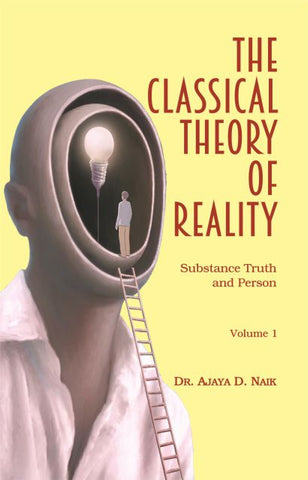
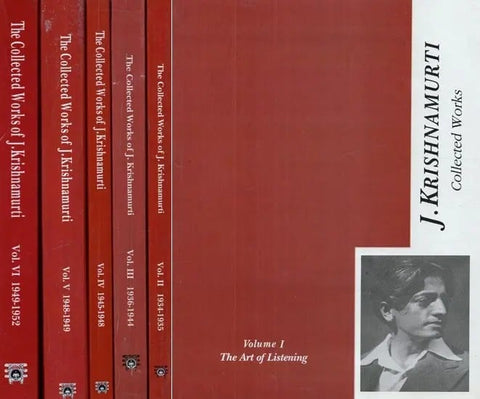

![A HISTORY OF INDIAN PHILOSOPHY [5 VOLUMES] by Surendranath Dasgupta](http://www.motilalbanarsidass.com/cdn/shop/products/HISTORYOFINDIANPHILOSOPHY_large.jpg?v=1675238163)
